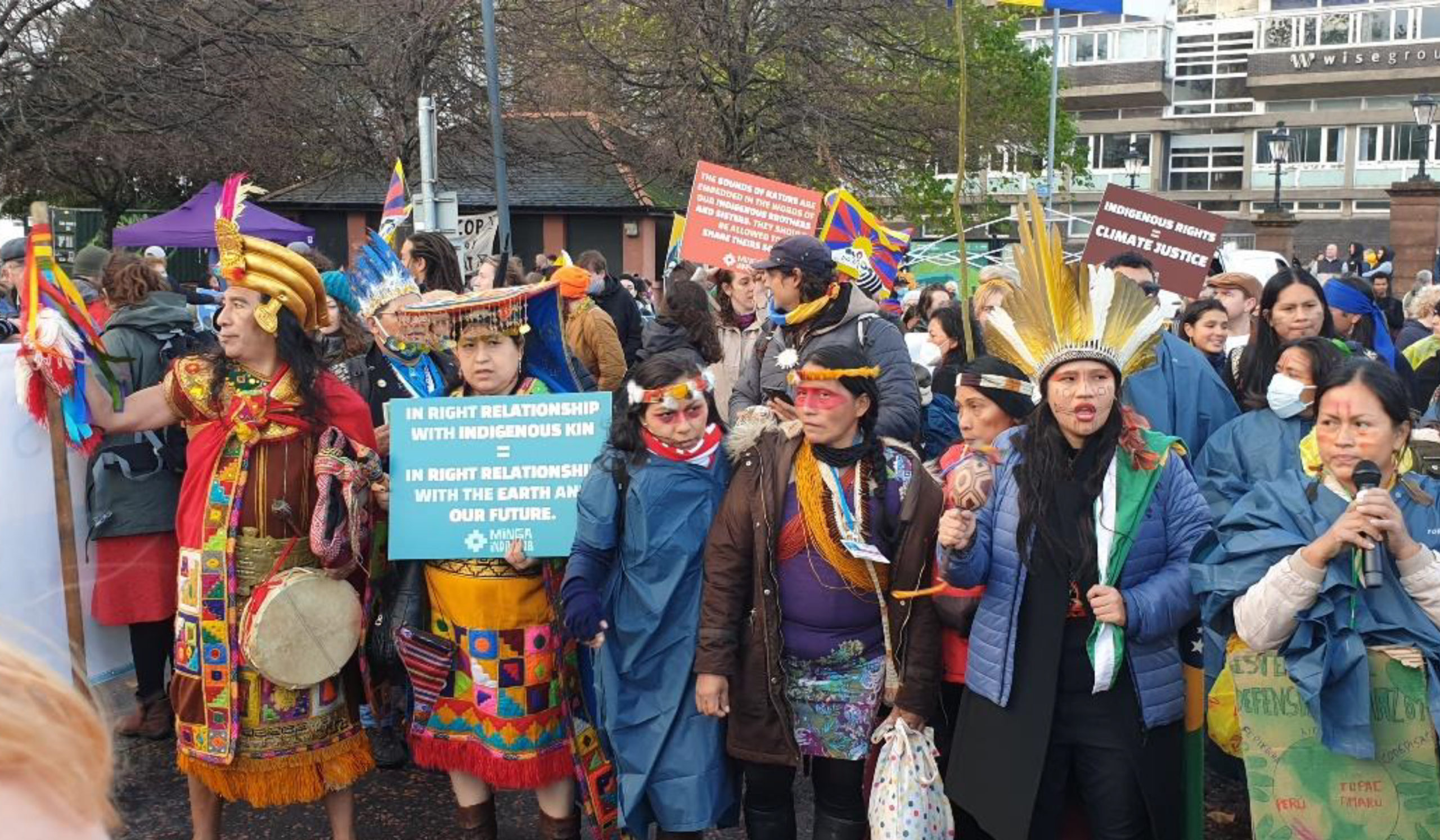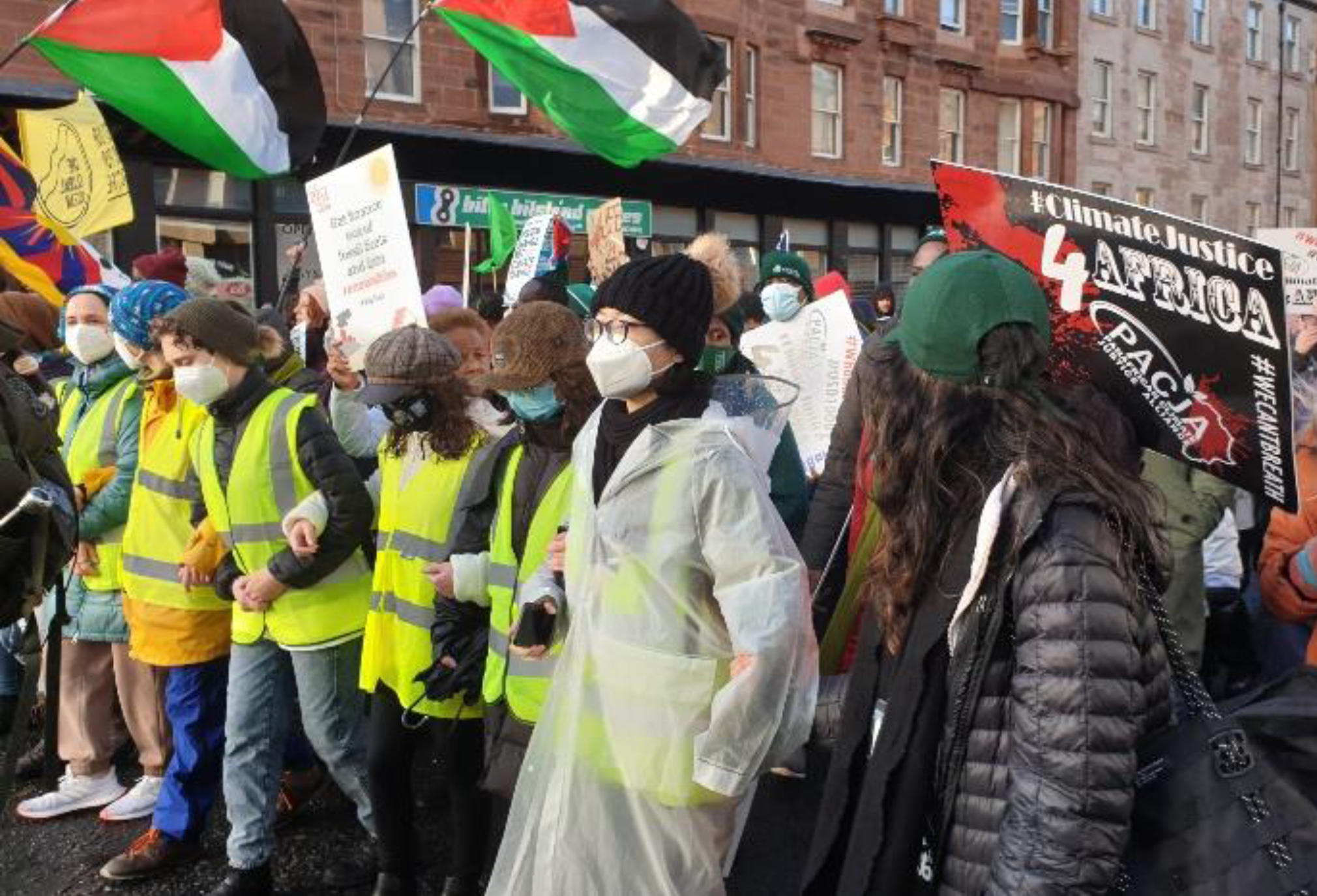Press release
Wycliffe Bible Translators will be represented at COP27 (United Nations Climate Change Conference) in Sharm El-Sheikh, Egypt, from 6–18 November through its primary partner SIL International. During the conference, Andy Clark, who serves with Wycliffe and SIL, will attend with two others who serve with SIL, including Anthony Kamau from Kenya.
This year, for the first time, SIL has official UN observer status at COP. The three representatives will be there to learn. And also to discover how agencies might best serve indigenous communities suffering from the impacts of climate change.
Catastrophic events
Andy, who was at COP26 last year, says: ‘Wycliffe and SIL work with many communities who are marginalised by language issues. Many of these communities will also be among those most severely impacted by climate change. How can they flourish and benefit from all the things that Wycliffe and SIL do if they are facing catastrophic events whose impact is made even more severe by climate change? Things such as drought, flooding and forced migration? So Wycliffe and SIL need to stand alongside them – together with many other NGOs, faith-based or not – to campaign for the support they need to adapt to climate change and to recover from catastrophes using ‘loss and damage’ funding.’




